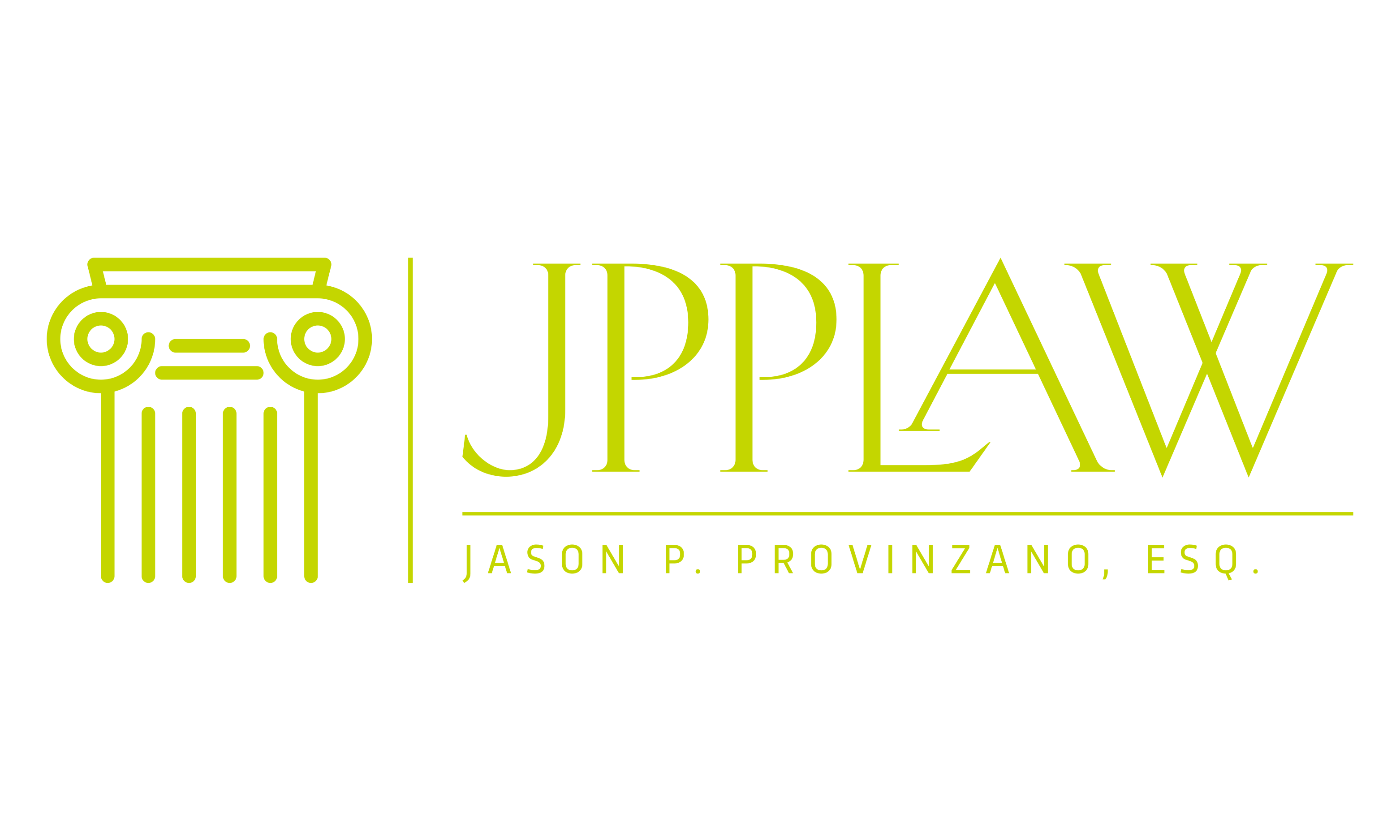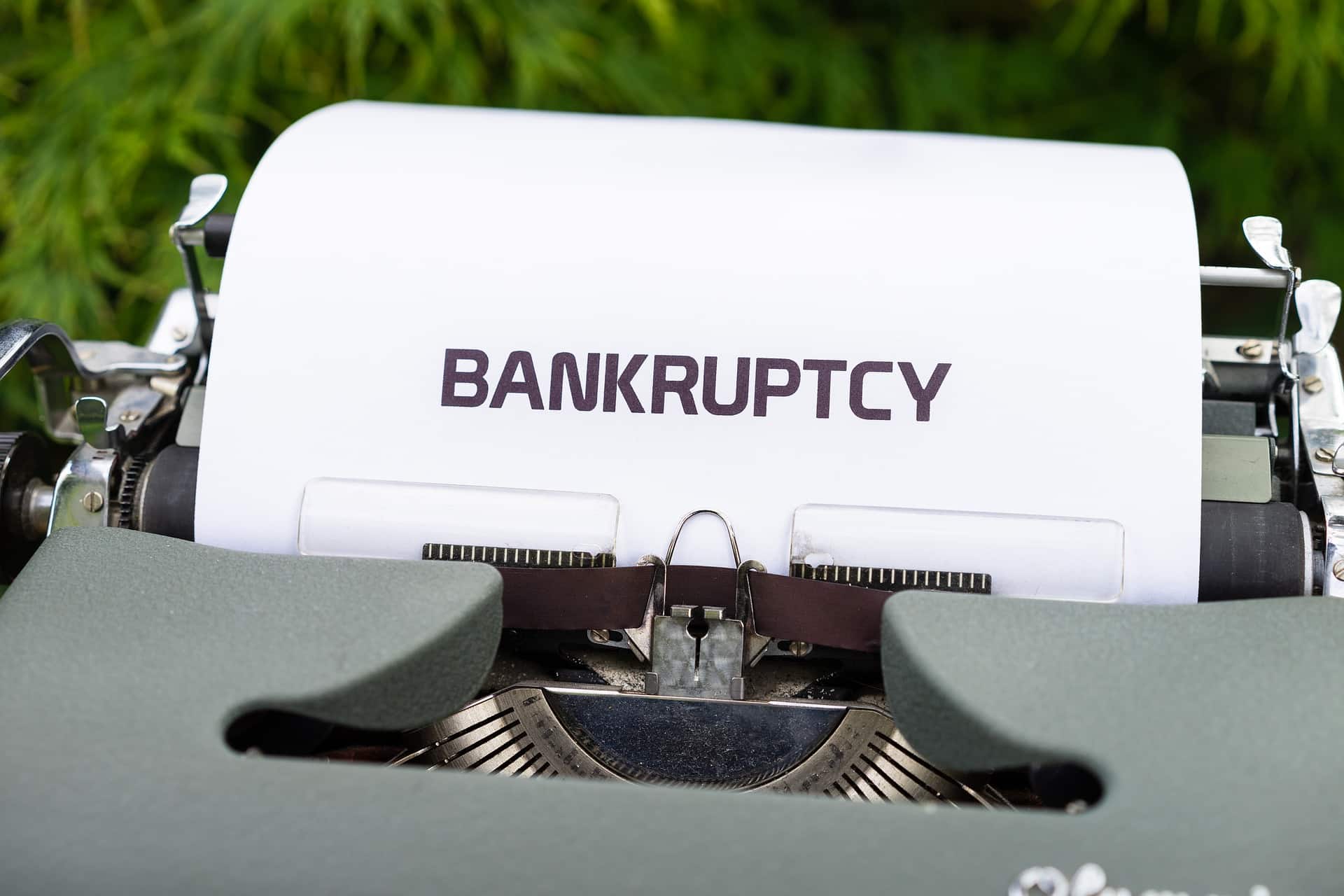Most of us have struggled with our finances in the past, even those who do everything they can to be financially responsible. It’s hard to find someone who hasn’t had financial difficulties or experienced debt at some point. There are many reasons why a person might fall into debt, and it can grow quickly and become impossible to pay off. When this happens, you might feel like there’s nothing you can do to get control over your finances again. However, bankruptcy is the solution for many people struggling with debt and may help you too.
Filing for bankruptcy is more common than you might realize, but many people don’t fully understand what it entails. Learn more about what happens when you file for bankruptcy.
What Does Bankruptcy Do?
Bankruptcy gives you the chance to discharge or pay off certain types of debt. Filing for bankruptcy can also stop debt collectors from contacting you, stop wage garnishments, and help if you’re at risk of foreclosure. Not everyone filing for bankruptcy has the same financial situation, so what exactly bankruptcy does for each person can vary. What happens when you file for bankruptcy will depend on whether you’re filing for Chapter 7 bankruptcy or Chapter 13 bankruptcy.
Chapter 7 Bankruptcy
Chapter 7 is the most common chapter of bankruptcy. If you file for Chapter 7 bankruptcy, you could have certain types of debt discharged, so you won’t have to worry about paying them off in the future. However, you need to qualify for Chapter 7 by taking a “means test.” Chapter 7 is also commonly referred to as “liquidation bankruptcy,” and many might fear they’ll have to give up all their assets if they file for this chapter. However, many people end up being able to keep their possessions after filing for Chapter 7 bankruptcy.
Chapter 13 Bankruptcy
Chapter 13 bankruptcy is another very common chapter of bankruptcy and could be a good choice for those who don’t qualify for Chapter 7. Unlike Chapter 7 bankruptcy, Chapter 13 doesn’t completely discharge your debts. Instead, filing for Chapter 13 will allow you to pay off your debts with a repayment plan. This breaks down your debt into a repayment plan over three to five years, helping to make paying off debts more manageable for those with a steady income.
Will Bankruptcy Affect Your Credit?
Of course, many people may be hesitant to file for bankruptcy because they’re afraid of ruining their credit. If you file for bankruptcy, it will show up on your credit report and affect your credit score. This will be on your credit report for ten years if you file for Chapter 7 and seven if you file for Chapter 13. However, debt that you can’t pay will also negatively affect your credit, so bankruptcy could be worth it. Some end up improving their credit after filing for bankruptcy by giving up their credit cards and learning how to help manage their finances and prevent debt.
Contact a Bankruptcy Lawyer to Learn More
There are many misconceptions about bankruptcy, leaving many to not fully understand it and what it does and does not do. Bankruptcy is the best choice for many people, but they may not be aware of its benefits, so they might overlook it as an option. This is why it’s so important to work with a bankruptcy lawyer if you’re considering filing for bankruptcy. At JPPLaw, Attorney Jason P. Provinzano can help you decide if bankruptcy is right for you and walk you through the bankruptcy process.
Contact JPPLaw today for a consultation with a bankruptcy lawyer in Stroudsburg, PA.


